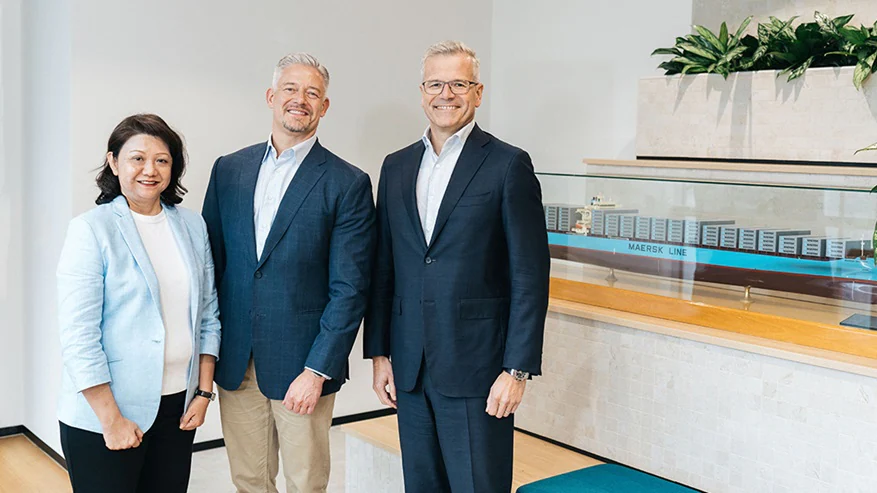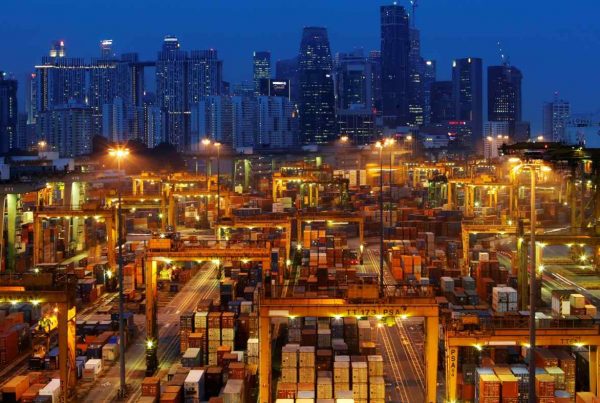
Global shipping giant A.P. Møller-Maersk, with more than 700 flagged vessels and 18% of the world’s fleet capacity, has announced an investment of $500M to enhance its supply chain infrastructure in Southeast Asia. This move is widely regarded as a strategic investment in the swiftly expanding consumer markets across the APAC region.
The company will increase its warehousing and distribution footprint by up to 50% while adding 480,000 square meters of capacity in Malaysia, the Philippines, Indonesia, and Singapore by 2026. Significant job creation is expected, too, as the company adds to the ranks of its 5,000-person-strong regional workforce.
One of the largest beneficiaries of the Maersk investment will be the Port of Tanjung Pelepas in Malaysia, a fully integrated logistics hub with multi-modal connectivity to sea, air, and land distribution. Transshipment currently accounts for 90% of volume at the 20-year-old container port.
Singapore’s Changi Airport holds a pivotal position in Maersk’s strategy for Southeast Asia. The investment will center on establishing a regional air freight hub as multinational companies diversify their production capacity outside China. The past few years have witnessed significant supply chain disruptions due to the COVID-19 pandemic, rising labor costs, and trade disputes.
Given the booming e-commerce landscape in Southeast Asia, the imperative for governments and SMEs to produce goods in locations closer to end markets has intensified. Maritime and logistics contribute approximately 20% to Singapore’s GDP and have displayed continuous growth without any signs of deceleration.
The regional logistics market, meanwhile, is expected to top $55 billion by 2025, according to Insight Partners, and continues to grow at a CAGR of approximately 5% annually.
For further background info, the Master Plan on ASEAN Connectivity 2025 delivers an excellent overview of logistics infrastructure, innovation, and the regulatory environment and how it impacts global consumers.





